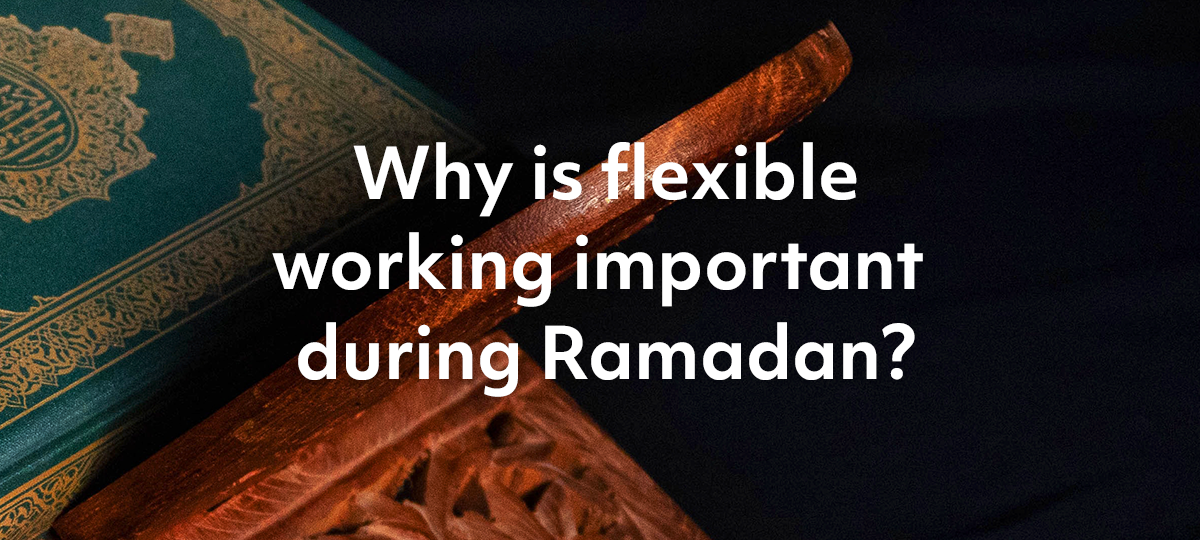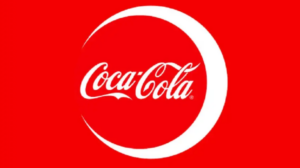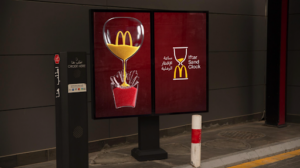
Having a flexible working policy is one thing and providing real flexibility for employees is another. As we head into Ramadan 2022, what can agencies do to offer true flexibility to their participating staff?
Ramadan is a time for us to reflect, connect and better ourselves. It is an important and sacred practice, and it requires a great amount of dedication and patience. During Ramadan, Muslims experience a complete change of routine and schedule. These changes have a big impact on our daily lives and will inevitably affect us at work. Agencies need to understand that during Ramadan, Muslim staff will need a greater level of flexibility to ensure they are performing as best they can.
It starts with communication
We’re in advertising, and so we should be good at communicating, right? Agency leaders need to be communicating with their Muslim employees and hearing what each individual will need from them during this time and beyond (a prayer space will be needed throughout the year by some, for example).
Not only should leaders have a good understanding of the challenges and nuances of fasting for Ramadan, but so should the agency as a whole. It’s not about singling anybody out as the lone educators but creating an open environment where Muslim staff feel they are given the space to express their faith.
I have found in the past that colleagues will express feelings of guilt when eating in front of me during my fast. This isn’t necessary. I’ve been fasting for Ramadan since I was a child and I’m very used to it. Having conversations with my colleagues about this at Armadillo has really helped and knowing I have the support of agency leaders is incredibly valuable.
Understand it goes beyond abstaining from food
Most people seem to understand that Ramadan is a religious practice that includes abstaining from food. Fewer people, however, understand that the celebrations go far beyond that. Ramadan is about togetherness, kindness, self-improvement, and faith. During Ramadan, we try to be better versions of ourselves. We try to avoid negative habits such as complaining or using bad language, and many will use Ramadan to give up bad habits.
In many ways, it is about a fresh start and the opportunity to do better. Ramadan is a time to be grateful, give to others and come together with community, family and friends. Much like a celebration such as Christmas, Ramadan includes big family gatherings, presents and celebrations.
Understanding Ramadan as a whole is key in enabling agencies to better support their staff. Many people don’t realise how difficult it can be to book time off work for Eid, for example. Eid al-Fitr marks the end of the month-long dawn-to-sunset fasting of Ramadan and is a day of celebration with loved ones. Typically, the day starts with prayers and a big meal is usually the main event but there’s lots of other ways people celebrate too. The reason it can be hard to book off from work is that the date changes every year!
Because Ramadan and Eid are based on cycles of the moon, not only do dates vary, but different people celebrate on different days. Some will follow Saudi Arabia’s example (where Mecca is) and others will go off of the moon stages seen in their country. So you may have two different Muslim employees celebrating Eid on two different days.
A changed body-clock is going to have an impact
Eating at sunset results in the body digesting food well into the night, disrupting our natural sleep cycles and body clocks. The increase in energy that is gained after “iftar” (the breaking of fast), combined with Ramadan being a very social practice means that most people stay up a lot later than they usually would, leading to us getting a lot less sleep than we’re used to.
As we are no longer following a traditional 24-hour cycle, changes in demeanour are common. I find that my energy levels can drop, and it is harder to maintain the consistent level of concentration and patience that I usually have. In terms of work-life balance, patience is a keyword as it is required from both parties, those who are fasting and for others to be patient around those who are fasting, some tasks may take longer for example.
Having a truly flexible schedule works wonders to combat this. Having the flexibility to work around these dips and spikes in energy allows me to continue to produce work of the highest quality. I know some people prefer having the ability to leave early and take a shorter lunch break, for example, which allows them to work at their best.
Real flexibility is, well, flexible. This Ramadan I encourage industry leaders to reflect on their and ask themselves if true flexibility is being prioritised. Adland is changing; this Ramadan is a chance for agencies to be an integral part of positive change.
Agencies and brands can also communicate their support publicly. Over the years I have seen many campaigns launched in aid of Ramadan and Eid. For example, leading up this month, you will see supermarkets advertising and stocking up on dates as this is what a lot of Muslims open their fast with. As each new month is determined by the new moon and looking for the crescent, you may have seen the moon and star logo feature quite a lot. Coca Cola used this crescent and created a moon logo with their brand.

Not in the UK, however McDonald’s did a sand time concept (waiting for time to open fast):

A lot of brands use Ramadan/Eid to show diversity and reach out to different religions/cultures.
Tesco also launch Ramadan recipes: https://realfood.tesco.com/ramadan-and-eid-recipes.html
The article was first published on Campaign in April 2022
CRM. Unleashed.